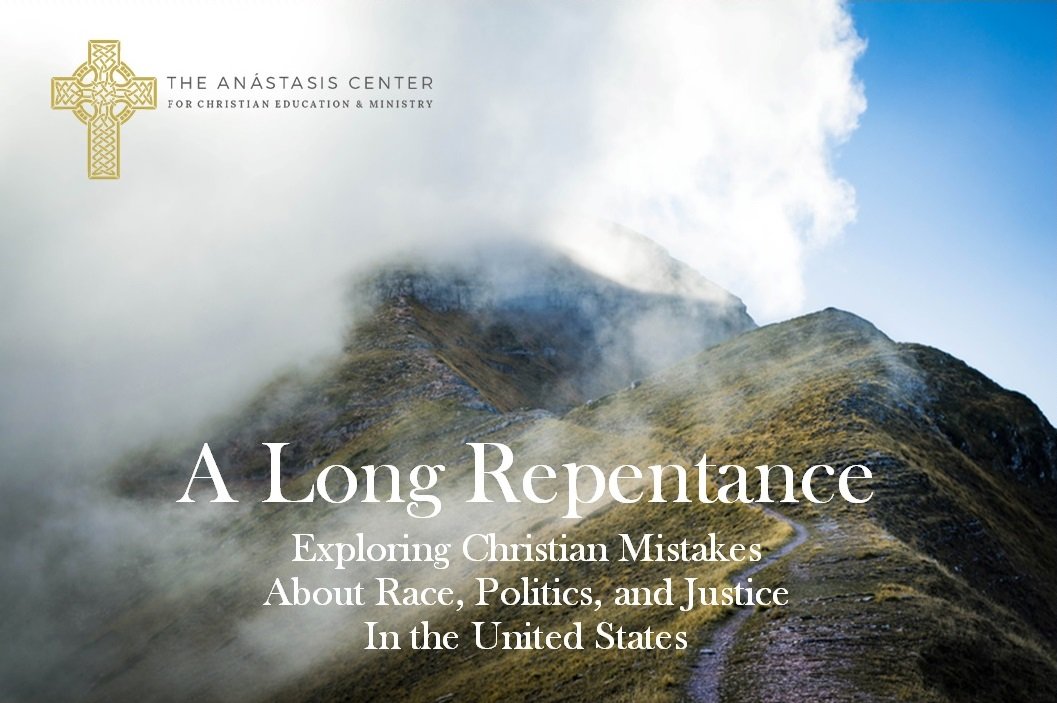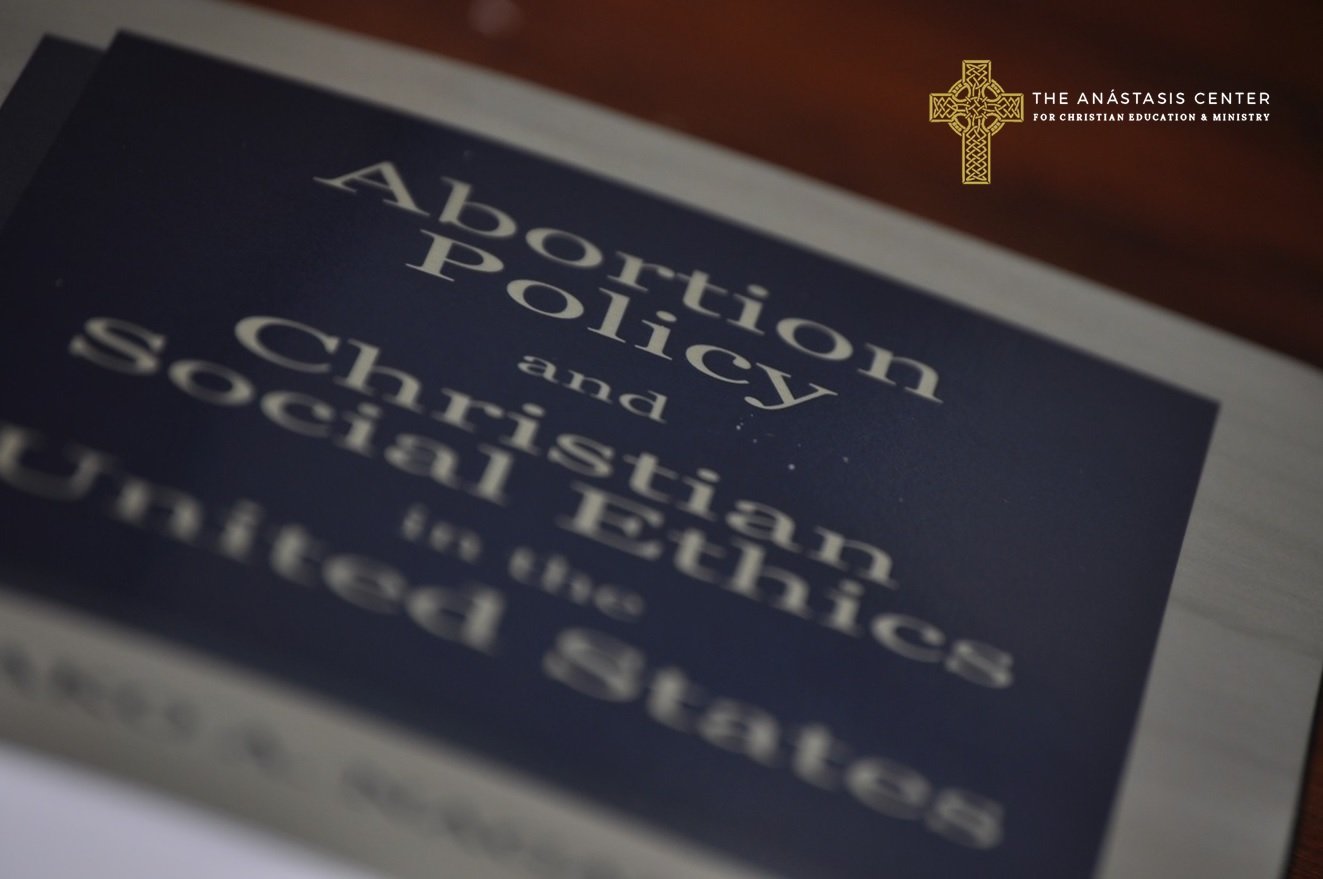Our Impact
Photo credit: Unknown | Pixabay.
On God’s Restorative Justice and Jesus’ Healing Atonement
“I *may* finally be emerging from the deepest of the questions. Church Fathers, Mako Nagasawa, Torrance, & N.T. Wright led the way.”
“This emphasis on Jesus as God’s new humanity has made him so much more relateable… I never really understood how Jesus undid all the sins and evil within the nature of human beings. In many ways, Jesus’ death had made me feel guilty, because I found that I was so unworthy to have Jesus suffer on behalf of my sins. However, understanding how Jesus conquered sin through healing humanity during his life and finally conquering the greatest evil of death, I now see his act on the cross as a moment of triumph.”
“Your scriptural exegesis and historical proof for MSA bring me life. Being raised Baptist, you learn to accept the Bible wholly and fully, and rightfully so. So when I question something so foundational to Christianity as my atonement theory, I need solid biblical proof.
You, sir, provide that proof. And for that, I am truly eternally grateful to you and all at Anástasis. I felt I couldn’t logically present my faith in Christ to those I meet beyond a surface level, not at least when PSA informs your understanding of Christ’s atonement. That has now changed. The Gospel is finally good news once more.”
“Thank you for putting some theological language around what I was intuitively experiencing when I first started in ministry.”
Reviews of Reconstruction: The Deep Roots of Early Christian Theology
“Loved the broad exposure to the Patristic writings. Like fresh water to a thirsty soul. So refreshing compared to what I am used to relative to evangelicalism and modernist, populist Christian thinking. I will want to go back and review these videos to review the material. Favorite sessions were on 1) slavery, 2) abortion, and the 3) atonement and discussion of retributive vs restorative justice.”
“I can’t remember how I even ended up coming across the group and your website, or which came first! However, I’m sure it was an answer to my prayers, as I’ve been asking God to help me understand more about the atonement and what exactly was accomplished there. Your sessions have really helped me to gain a much bigger and deeper view of what the Christian message actually is... I like the fact that it was detailed and that you treated us as intelligent listeners. I like the way you refer to the literary structures of the texts, especially as I’m an English literature graduate and I don’t often receive Christian teaching that views the Bible as literature in that way.”
Reviews of A Long Repentance
“We led our church through A Long Repentance during Lent last year and experienced deep conversation and increased understanding of how our American history and culture is steeped in racialized stigma and prejudice. Wide-ranging without being unruly…”
“As a pastor I have been through A Long Repentance three times. Once with a group primarily of people of color, once with a group of all white adult evangelicals, and once with a group of college students.
The curriculum proved itself to be multifaceted, eliciting different questions and reflections from each group. Each group was challenged in different ways and every time the group was grateful to have gone through the process together. Also, as a facilitator, the extensive footnotes were incredibly useful for enabling me to feel more confident diving into the hard questions with the group.”
“We led a group within our congregation through A Long Repentance and found the material easily accessible and exceptionally informative. The historical information and perspectives from both civic and biblical sources was extremely valuable in guiding conversation and enlightening to many for whom this was new information.
It enabled a high quality and engaging conversation that ultimately left most of us with new insight, personal motivation to learn and engage more in the issues of race and justice and the desire to continue to learn, grow and ultimately take action to change our lives as people of faith.
I highly recommend this course for both individuals and groups seeking to engage in the conversation in a meaningful way.”
“I and several church members were blessed to participate in A Long Repentance with Mako Nagasawa. Through weekly blog readings, online Q&A with Mako, and small group discussion, we learned of the harmful seeds sown throughout the history of Christianity with the hopes of addressing the injustices and sowing better seeds in our neighborhoods and communities.
Mako examines the complicity of the Church with the birth and rise of colonialism and lays bare the ways the narrative has been covered up, repackaged, or justified. The class confronts myths that have taken root in the American consciousness (and tragically in the American church) that keep us from loving our neighbors as ourselves.
While he speaks frankly, Mako delivers the truth with grace and patience to people who may be hearing this unvarnished history for the first time. A Long Repentance does the important work of revealing centuries-old problems in Christendom with an open invitation to consider and work collaboratively toward solutions.
I highly recommend this class for pastors, churches and other faith communities looking to follow Jesus to the people harmed by ungodly uses of power.”
“We looked at the beliefs of the early church and the early church fathers. Growing up in the evangelical church, the early church fathers’ teachings were not taught and I always thought they were probably too difficult to understand. Mako makes their teachings accessible and it has led me to a more beautiful Gospel then I could have ever imagined.”
“A Long Repentance led our church into the lasting story of the Church’s complicity in perpetuating pain and injustice in our black and brown communities.
Though it was painful to realize our part in the reality of racist systems, we found the journey led us toward hope, giving us a solid foundation to begin dreaming of partnering with God in his work of restoration in our neighborhood.
I recommend communities of faith go on this journey through pain toward hope together.”
Reviews of the Study and Action Guide to Abortion Policy
“The constant dialogue between Scripture and theological writings since the close of the canon seems to be the best path to “listening to the Divine,” which your work provides.”
“I can’t recommend it enough if you’re hoping to gain more understanding of this issue, and especially how positions have changed based on differing translations of the Hebrew Bible, different alliances between faith communities and political powers, and changing relationships between the church and the scientific community...
The course is being taught by one of the most brilliant people I know, especially when it comes to Christian church history & Biblical scholarship, and how those influence modern issues.”
“The in-depth analysis of Exodus 21, meaning and context: I’d never been taught that before as a Christian or in any pro-life education...
It’s a whole paradigm shift, and it causes discomfort and requires time to shift… but it’s worth exposing yourself to. I was thankful our discussions provided more materials to share with retributive justice-minded believers.”
“Thank you so much for your work, your time, and for sharing your research! I have shared the materials with all my family… and my mom especially, has been really engaging (paradigm shift for her). She and I have much more productive, open conversations now, and she wishes her own church was willing to allow for nuance and explore in depth.”
Reviews of the Book Abortion Policy
“I’ve been quietly asking some of my colleagues if they knew of any scholarship about abortion. Mako Nagasawa’s book was everything I was looking for and more.”
“I’ve gotten to know evangelical scholar Mako A. Nagasawa through my work at Hebrew College. He’s produced an unmatched masterpiece on the subject. An incomparable historical, doctrinal, dogmatic, even scientific survey. Bravo, Mako!”
“Mako A. Nagasawa’s Abortion Policy and Christian Social Ethics in the United States is a tough-minded, learned, and prophetic work of social history and political theology.
It is tough-minded, in the sense described by Martin Luther King, Jr., in that it is “characterized by incisive thinking, realistic appraisal, and decisive judgment.”
The book is learned in how it perceptively brings together insights from biblical studies, church history, theology, public policy, law, sociology, and biological science.
The book is prophetic in that it challenges conservative evangelical Christianity to re-examine, in light of the Jesus tradition and the early church, its economic and political commitments that are exacerbating the problems it is seeking to address.
This book is a significant contribution to move some Christians from simply being reductionistic anti-abortion to more robustly pro-life.”
“No significant angle on abortion fails to receive Nagasawa’s painstaking, detailed, convincing attention: biological science, biblical exegesis, theological and pastoral history, legal history and debate, ethical analysis, practical implications.
This is a study that loves God, loves the miracle of life, and calls on Christians to promote responsible sexual and parenting behavior by men as much as women.
The well-intended but simplistic “worship” of the initial two-cell zygote (over half of which never implant in the mother’s womb for even an hour—it is inconceivable that God created a world in which over 50% of the human race suffers this immediate fate) must give way to a much richer and ultimately more faithful and loving approach to pregnancy and our commission from God to have and rear children. Nagasawa shows the way.”
“Amidst the toxic standoff of the culture wars, it is difficult to imagine a fresh Christian voice on abortion. But Mako Nagasawa’s new book offers us a way beyond the impasse that is nuanced, visionary, and deeply biblical. If you think there’s nothing left to say about abortion, this book will surprise and challenge you.”
Reviews of Blog Posts
“I don’t often post articles in this [Facebook] space, but I think everyone should read this article.”
“I’m a worship pastor at a nondenominational church... someone posted a link to your article on the blog regarding the effects of penal substitutionary atonement and Evangelical support of Trump and Cruz.
In short, it has changed my life. I’ve since read almost every entry on the blog, and any political statement you make about Evangelicals, the Christian Right, PSA in politics, have rendered me truly amazed at the surgical precision (MSA pun intended) at which you diagnose the problem with PSA, specifically since the colonization of America to today’s world. ”





